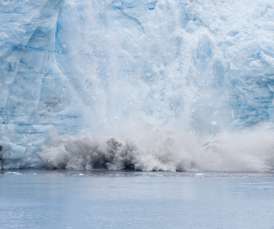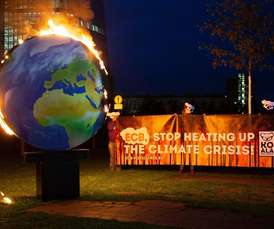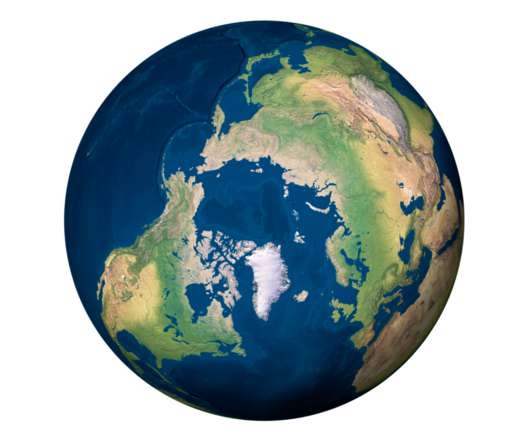IPCC report: The 10 key conclusions
Business Green
AUGUST 9, 2021
As underscored by recent flooding, heatwaves, and wildfires across parts of North America, Europe, Asia and Africa, the report makes clear that climate change is accelerating and intensifying across every region of the planet. Natural carbon sinks become less effective as emissions rise. by the 2100.














Let's personalize your content